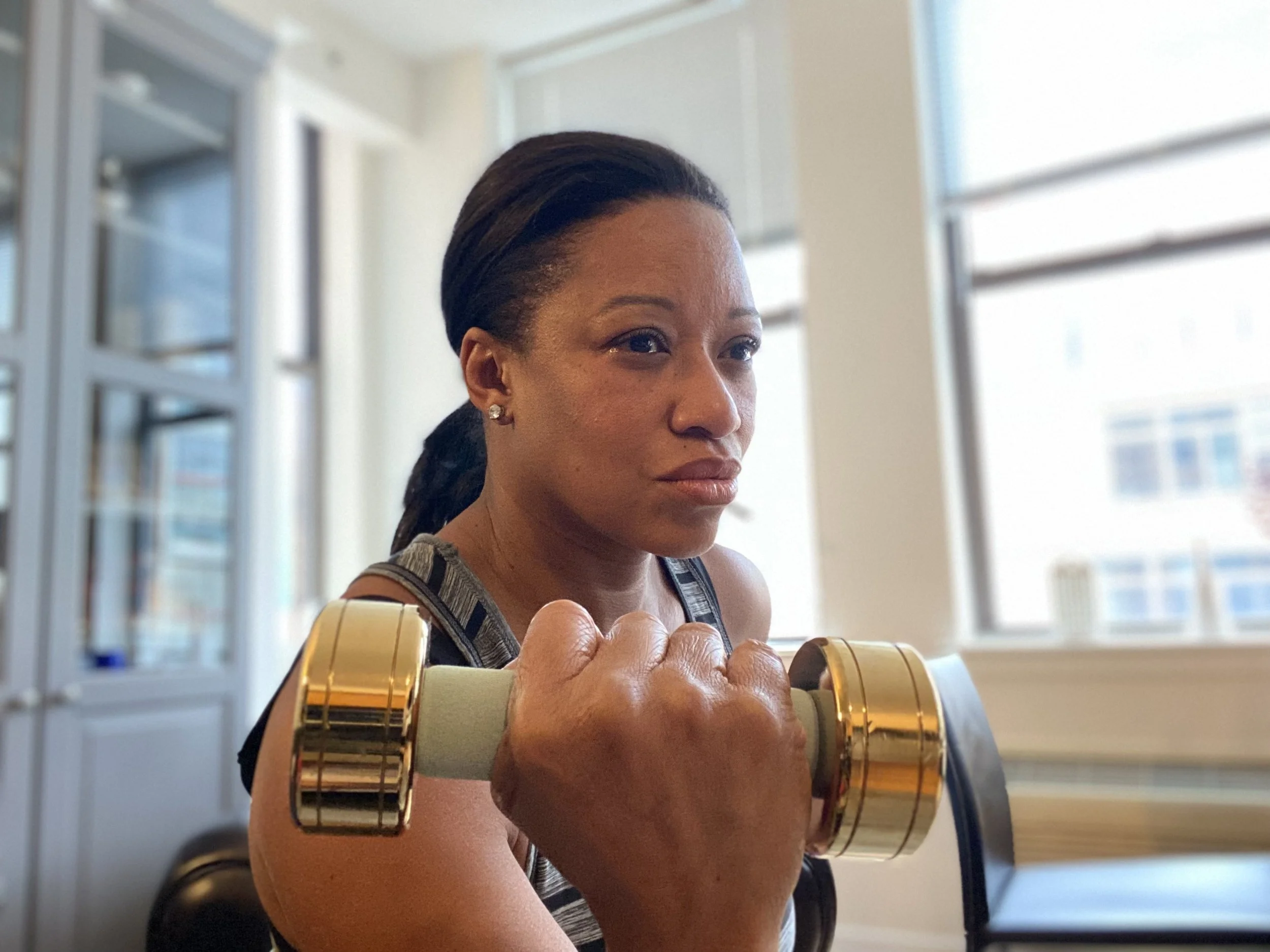The Story of My Heart Attack
Learning to Listen to Your Body
On a beautiful, sunny, winter Sunday morning, at age 51 early in 2025, I had a heart attack while walking my little boy to his weekly piano lesson (that lucky duck… I never had any kind of fun extracurricular lessons as a kid, but that’s another story). And no, it wasn’t because I “love” or, importantly to point out, need to eat fast food like so many people do, even when they’d rather eat healthier but don’t have the resources (now, don’t get me wrong, I do enjoy a good burger every once in a while). Turns out, I had a small tumor in my heart that manifested as chest pains, which I did get checked previoously, so I was aware of the “tiny growth” that the doctor saw in my echocardiogram. However, the doctor said there was nothing we could do, except to observe the benign little S.O.B to see what it would do. If we are lucky, maybe it just hangs out with no consequence, said the cardiologist.
Well, my friends, we “observed” it until two months later it broke off and blocked an artery, resulting in a very traumatic experience for a 7-year-old just walking with his mom. Thankfully, a good Samaritan called 911 while my child screamed in fear on a street corner. I was doubled over. I could not breathe. Can I just tell you how glad I am that I went to the doctor a couple of months before to get my chest pain checked out?... It didn’t prevent my heart attack, but it gave me information that was invaluable to the doctors who treated me in the emergency room, and subsequently, in the Cardiac Intensive Care Unit at the hospital. I was there for four days. How’s my kid, you ask? He’s okay. Just with a gargantuan fear of his older parents dying too soon. Which really is a terrible feeling for a parent.
Our culture often encourages us to disregard our true feelings in favor of external expectations — finishing the workout even when you’re exhausted, eating because “it’s there” instead of because you’re hungry, pushing through a late night when your body is clearly asking for rest, or saying yes to everything your condescending boss asks for. You know it’s true.
But real health and balance begin when we pause long enough to notice the signals our body is sending. Tuning in isn’t about perfection; it’s about building awareness and responding with kindness for ours most of the time.
What Does It Mean to “Listen to Your Body”?
Your body communicates constantly. Hunger, thirst, fatigue, tension, or even a spark of energy are all cues. Too often, we override them: grabbing coffee when we need a nap, scrolling late at night when our eyes are begging for sleep, or eating out of stress instead of true hunger.
Listening to your body means paying attention to these signals without judgment. It’s not about strict rules but about noticing patterns: What foods leave you energized? Which ones drain you? Do you sleep better after winding down without screens? How do you feel after a walk compared to skipping movement entirely?

